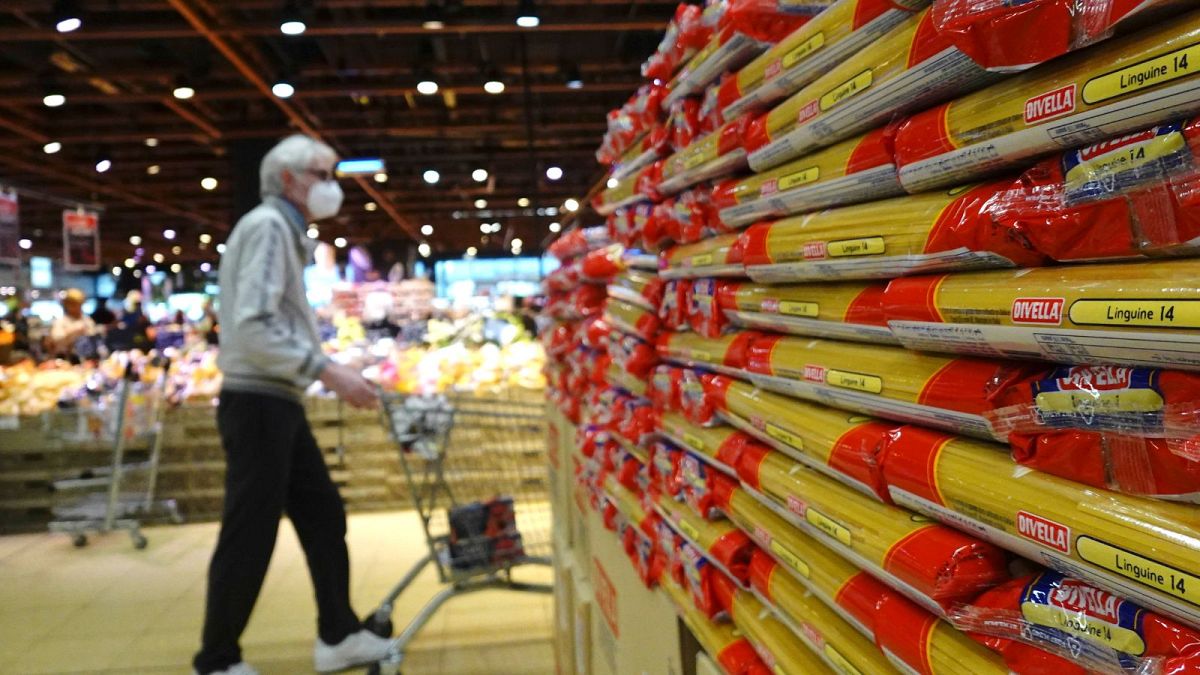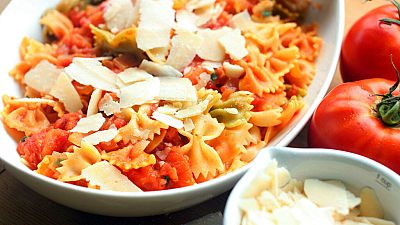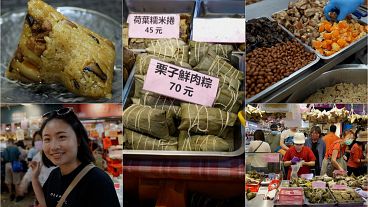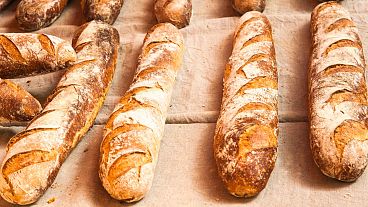A week-long national pasta strike may be ahead after the government refuses to take action against rising prices
The price of pasta in Italy is skyrocketing - and has resulted in calls for a boycott of the food staple.
Angry shoppers in the country have had enough after the price soared by twice the rate of inflation.
Now, one consumer advocate group is calling for a weeklong national pasta strike starting on 22 June after the Rome government held a crisis meeting last month and decided not to intervene on prices.
“The macaroni strike is to see if keeping pasta on the shelves will bring down the prices, in the great Anglo-Saxon tradition of boycotting goods,” said Furio Truzzi, president of the group, Assoutenti. “The price of pasta is absolutely out of proportion with production costs.”
Grocery prices have risen more sharply in Europe than in other advanced economies -- from the US to Japan -- driven by higher energy and labour costs and the impact of Russia's war in Ukraine. That is even though costs for food commodities have fallen for months from record highs, including wheat for the flour used to make pasta.
Stores and suppliers have been accused of profit-padding “greedflation," but economists say retail profits have been stable and the problem comes down to the higher cost to produce food.
Feeling the pressure, some governments in Europe have capped prices on staples or pushed for agreements with grocery stores to bring down costs, something that's popular with the public but can actually make food prices worse.
The Italian government says it will strengthen price monitoring by working more closely with the country's 20 regions but won't impose such limits.
While pasta remains one of the most affordable items in many grocery baskets, the symbolism hits the Italian psyche hard and comes as families are absorbing higher prices across the board, from sugar to rice, olive oil and potatoes.
Italian families of four are spending an average of €915 euros more a year on groceries, an increase of nearly 12%, for a total of €7,690 a year, according to Assoutenti. A full one-third of Italians have reduced grocery store spending, according to SWG pollsters, and nearly half are shopping at discount stores.
But even discounts are not what they used to be, and it's toughest for pensioners.
“Before, you could get two packs (of pasta) for €1," said Carlo Compellini, a retiree who was shopping in central Rome. “Now with €2, you get three packs.”
Inflation is putting little indulgences out of reach for many, creating a new divide between the haves and have-nots.
The recent opening of a Sacher Café in Trieste, an Italian city whose Austro-Hungarian roots are evident in its stately architecture, led the mayor to a much-ridiculed response recalling for many an out-of-touch remark attributed to Marie Antoinette.
Asked about complaints that a slice of the famed Viennese chocolate cake was too pricey at nearly €10, Mayor Roberto Dipiazza responded, “If you have money, go. If you don’t, watch.”



